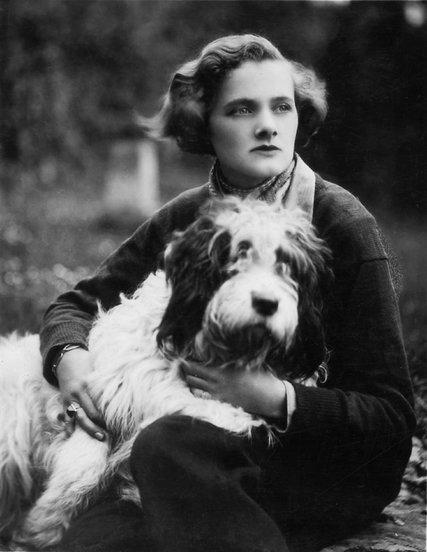

The world of the glass-blowers has its own traditions, its own language - and its own rules. A glass-blower, remember, breathes life into a vessel, giving it shape and form and sometimes beauty but he can with that same breath, shatter and destroy it.’įaithful to her word, Sophie Duval reveals to her long-lost nephew the tragic story of a family of master craftsmen in eighteenth-century France.

I will write to you, though, and tell you, as best I can, the story of your family. “‘Perhaps we shall not see each other again. They follow the family trajectory from her mother’s marriage into the family of glass blowers in 1747 through Robert’s death in 1811.įrom the publisher of the 2004 edition (Time-Warner Books): The story is through letters written by Sophie Duval, the sister of the fictional version of Robert (also so named). Her ancestor, Robert Busson du Maurier, who was in the glass business, escaped to London from France at the start of the French Revolution. The Glass-Blowers is a remarkable achievement – an imaginative and exciting reworking of du Maurier’s own family history.For The Glass-Blowers (1963), one of Daphne du Maurier’s later novels, the author drew upon her own family history.

But crashing into this world comes the violence and terror of the French Revolution against which, the family struggles to survive. ‘ If you marry into glass‘ Pierre Labbe warns his daughter, ‘ you will say goodbye to everything familiar, and enter a closed world‘. The world of the glass-blowers has its own traditions, it’s own language and its own rules. ‘Perhaps we shall not see each other again.

‘No other popular writer has so triumphantly defied classification. ‘This French Revolution epic is an overlooked classic’ MELISSA KATSOULIS, THE TIMES a writer of fearless originality’ GUARDIAN


 0 kommentar(er)
0 kommentar(er)
